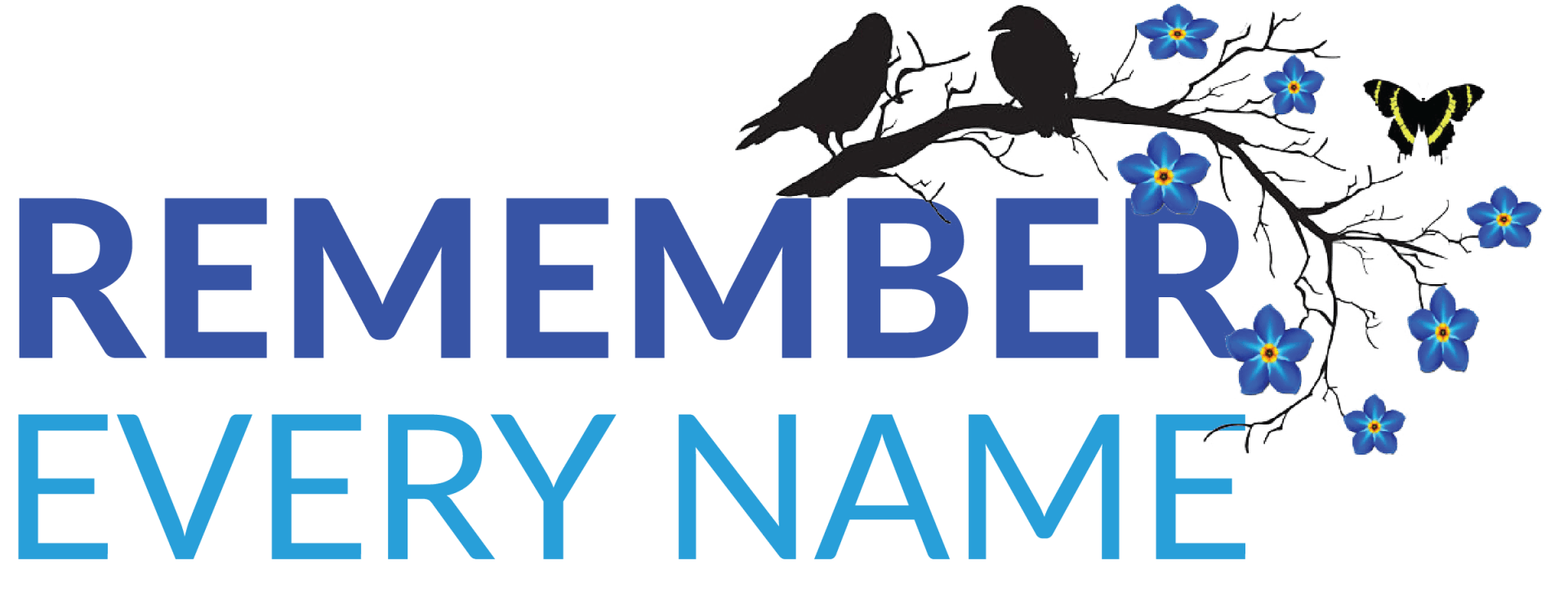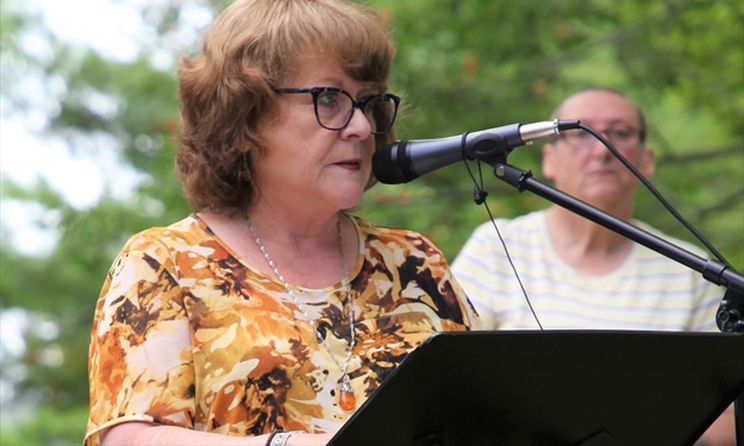Bracebridge woman vies for funds to honour abuse victims at Huronia Regional Centre
Bracebridge’s Debbie Vernon doesn’t want anyone to forget about the men, women and children — predominantly those with disabilities — who lived in deplorable conditions at the Huronia Regional Centre.
She also wants everyone who wishes to visit the monument at the centre’s cemetery to be able to do so. She had hoped the City of Orillia would help with funding for an accessible walkway and two granite benches matching the monument that features the work of Muskoka artist Hilary Clark Cole.
“It's really important that survivors have the ability to go up and touch the monument, because it represents who they are and the trauma that they went through when they lived at the Huronia Regional Centre. Most survivors now are our elderly,” said Vernon.
Orillia council adopted a motion on Nov. 9 to fund improvements, but the request was denied as part of the 2021 budget, as confirmed by a member of city staff, who added that council set a mandate for, and adopted, a zero per cent tax increase for 2021.
“Needless to say, to the survivors, it was a disappointment to them all,” said Vernon.
Vernon set about establishing the Help Make the HRC Survivors Memorial Accessible GoFundMe page and is working with Bracebridge United Church to hold the monies raised. It is a lofty goal. She and the Remember Every Name Committee are trying to raise $25,000. Thus far, the campaign has garnered only $2,500.
What eventually became the Huronia Regional Centre had several identities since its inception as an asylum in 1861; it was known as The Ontario Hospital and the Ontario Hospital School, among other names.
By 1968, the institution housed nearly 3,000 people. It became the Huronia Regional Centre in 1974; at the same time as the community living movement grew, resident numbers were declining and staff numbers rising — attitudes were changing, according to the Ministry of Children, Community and Social Services.
“Society slowly began to accept that people with a developmental disability didn’t need to be secluded in an institution; they needed to be included in a community,” states the ministry's website. “A new era where people of all abilities could contribute and participate in Ontario communities had begun.”
The institution was closed in 2009. In 2013, then-premier Kathleen Wynne acknowledged those that suffered “neglect and abuse” in the hands of institutions such as this with a $35-million settlement and official apology.
According to Vernon, there were different levels of claims — the minimum was $2,000 per claimant, up to $42,000 if it involved sexual abuse or a severe injury.
“Over a period of generations, and under various governments, too many of these men, women, children and their families were deeply harmed and continue to bear the scars and the consequences of this time,” said Wynne. “Their humanity was undermined; they were separated from their families and robbed of their potential, their comfort, safety and their dignity.”
“People were left in huge wards, locked up,” said Vernon. “Sometimes without clothes or any kind of personal possessions. They were just all locked up together as a big group and the only time they were let out was to go down to the dining room for meals.”
Vernon’s friends, Betty Ann Bond, Bev Link and Cindy Scott, are survivors who teamed up to become the organizing committee for the monument and cemetery improvements. Vernon’s sister could have been beside her friends at the institution had her parents not resisted a doctor’s recommendation. Instead, they formed an alliance of like-minded parents who founded a parent’s association, which later became Community Living South Muskoka.
To learn more, visit remembereveryname.ca.
Article By: Mary Beth Hartill, Bracebridge Examiner

